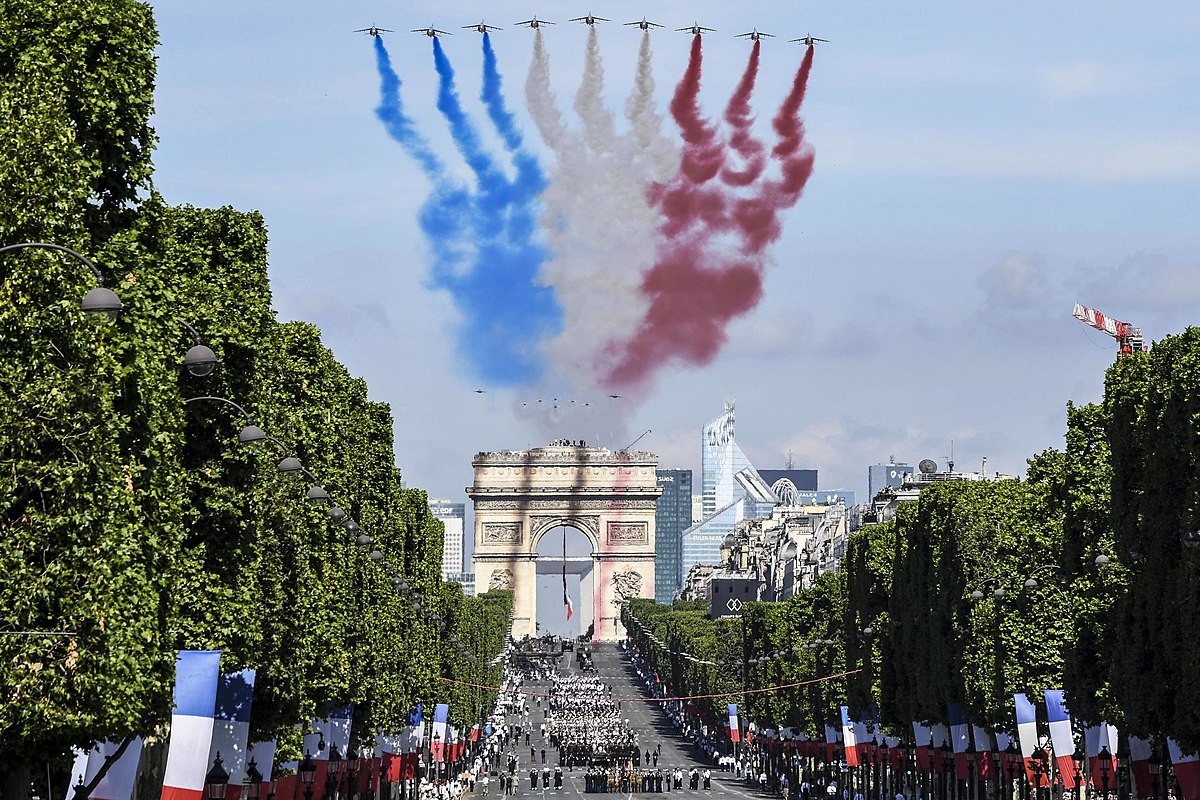What can Modi’s Bastille Day appearance tell us about France?

An image from the annual Bastille Day military parade in Paris, France, from 2017.
Jonah Carlson – This Bastille Day, Prime Minister Narendra Modi appeared in France for the annual military parade, representing India as the parade’s guest of honor. From France’s decision to invite Modi to their most important national celebration, one can extrapolate a unique, independent direction in France’s geopolitical code. Elaine Ganley described and analyzed Modi’s appearance in an article with the Associated Press.
A geopolitical code determines how a state acts, both regionally and globally. Through both overt and subtle action, states demonstrate their allies, adversaries, and interests. By inviting India, a rising global power, to France’s most important holiday, the French government indicates interests in pursuing a more independent foreign policy agenda. Such a move lines up with other actions spearheaded by President Emmanuel Macron. Since 2022, Macron has strived to take a leading role in European security, making a visit to Russia just before the outbreak of the war in Ukraine and subsequently condemning Russia's invasion. A few months ago, Macron visited China for discussions with Xi Jinping and sparked controversy in the West when he said that France cannot risk becoming “followers” overly obedient to U.S. interests. This independence is not unique to Macron but has historical precedent in France— such has been seen before, such as when Charles de Gaulle pulled the French from NATO integrated command in 1966.
France’s geopolitical codes are further complicated by ideological power. Since the end of the Second World War, the “West” has remained relatively united on issues of foreign policy, especially regarding the recognition of and response to adversaries. France’s independence in foreign policy questions the notion of the “West” and how united of a political unit it is, especially in the post-Cold War world. Many have questioned the efficacy of examining the “West” as a geopolitical unit, and whether this term will wield value in the future.
Photo source. Chief Petty Officer Michael McNabb, Public domain, via Wikimedia Commons.

